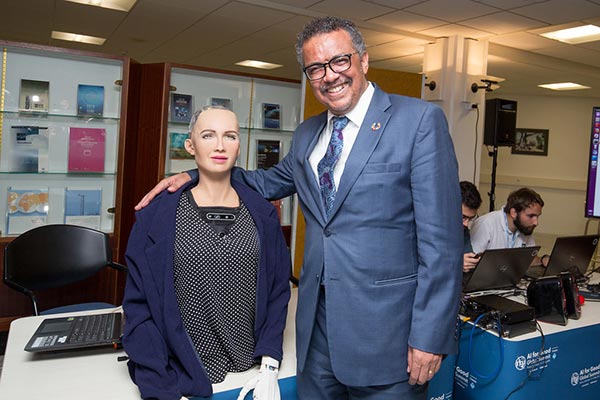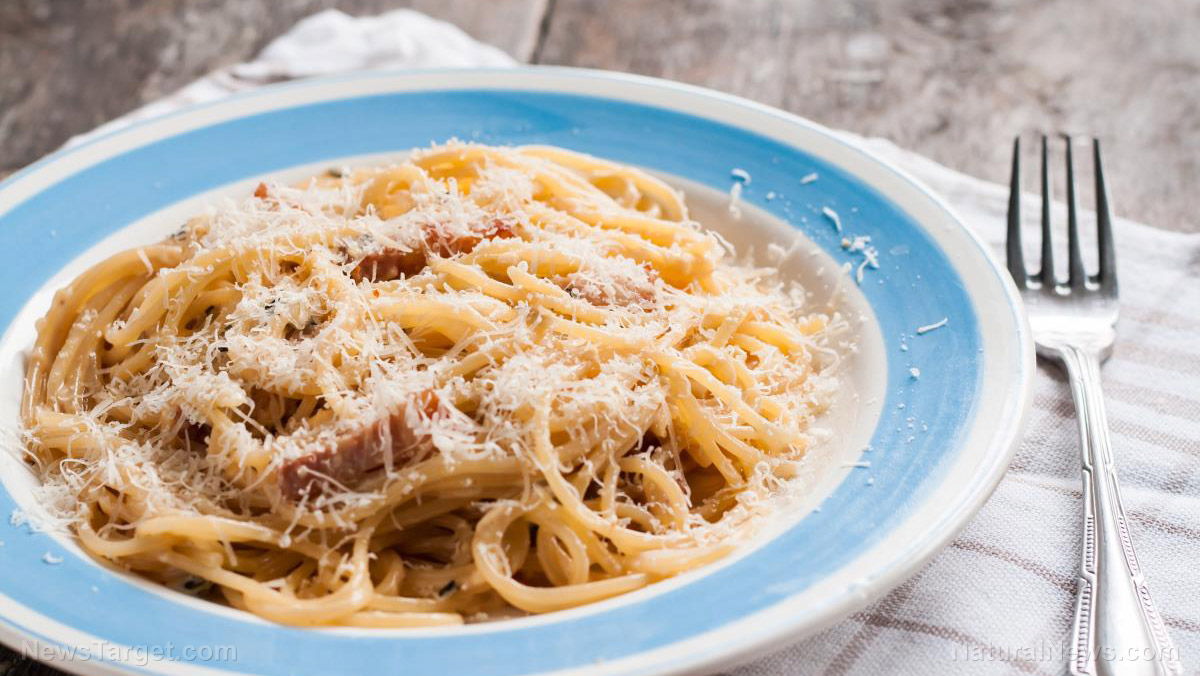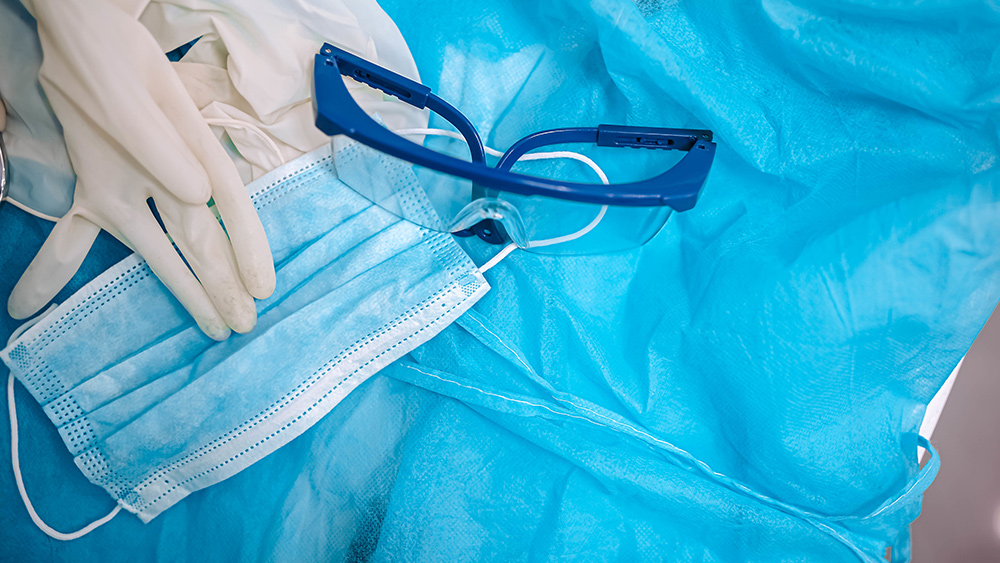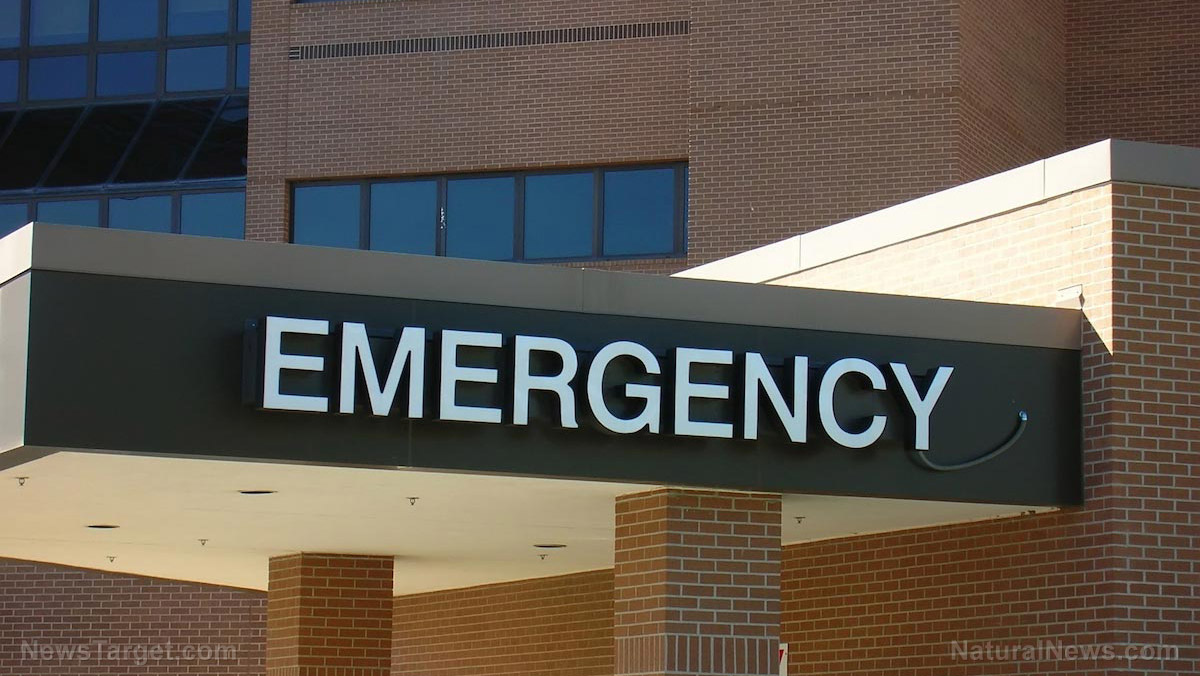Dead coronavirus victims found stacked in U-haul trucks in front of New York City funeral home
05/01/2020 / By Franz Walker

New York Police Department (NYPD) officers found dozens of bodies being stored inside unrefrigerated trucks outside a Brooklyn funeral home Wednesday. Between 40 to 60 bodies were discovered stacked up inside U-Haul box trucks outside the Andrew T. Cleckley Funeral Services in Flatlands – as well as on the facilities’ floor – after neighbors reported a foul odor around the property.
In addition to the two U-Haul trucks holding the cadavers, the facility also had two more refrigerated trucks also storing bodies. It also had a third box truck storing empty caskets.
Bodies stored in unrefrigerated trucks
John DiPietro, who owns a neighboring property, stated that he had seen bodies being stored in the trucks for several weeks during the coronavirus pandemic.
“You don’t respect the dead that way. That could have been my father, my brother,” DiPietro said to the New York Post. “You don’t do that to the dead.”
On Thursday morning, Mayor Bill de Blasio described the discovery of the bodies as a “horrible situation,” and that it was “absolutely unacceptable.”
“They have an obligation to the people they serve to treat them with dignity,” said de Blasio. “I have no idea in the world how any funeral home could let this happen.”
State health commissioner Howard Zucker said that they had not received any complaints about the funeral home in the past. He added that the agency is now investigating the funeral home and that it could face fines or have its license suspended.
Funeral home ran out of space to store the dead
In an interview with the New York Times Thursday, funeral home owner Andrew T. Cleckley said that, like other funeral home directors in the city, he had been overwhelmed with the torrent of bodies from the pandemic. Cleckley claimed that he used the trucks for overflow storage, but only after his chapel had been filled with more than 100 cadavers.
“I ran out of space,” he explained. “Bodies are coming out of our ears.”
New York City funeral directors like Cleckley have been stuck between a rock and a hard place. They have to deal with the unending flow of bodies from hospitals, while crematories and cemeteries remain backed up, unable to cremate or bury the deceased quickly.
Some funeral homes have used refrigerated trailers, similar to those provided by the city to hospitals, to help manage the overflow. However, Cleckley stated that his parlor had not been able to purchase more of these trailers due to shortages.
New York’s funeral homes and crematories are overwhelmed
As the number of deaths from the coronavirus in New York City continues to grow, crematories and funeral homes in the city have become overwhelmed. In response, the city started allowing crematories to operate 24 hours a day, seven days a week.
More recently, funeral directors have started to send hundreds of bodies out of state for cremation. David Penepent, director of the funeral services administration program at the State University of New York at Canton, has been coordinating these efforts.
Along with his students, Penepent drives more than six hours to the city, loading trucks with human remains. They deliver these remains to crematories in Connecticut, Pennsylvania and Vermont, where looser rules make the cremation process easier.
“It’s like draining a bathtub with a tablespoon,” stated Penepent. “But it’s 210 human remains that families now have the opportunity to begin to grieve the loss of their loved one.”
Penepent’s goal is to increase his fleet of trucks to 10 from three, and transport 600 bodies weekly.
Although the death rate in New York City is slowing, hundreds still die daily; human remains continue to pile up at hospitals, nursing homes and morgues. According to Penepent, sending these bodies to unused crematories out of state reduces the stress on local funeral directors and cemeteries struggling to cope with the outbreak.
Sources include:
Tagged Under: bodies, coronavirus, covid-19, crematory, dead bodies, deaths, Fatalities, Flu, funeral homes, infections, New York, New York City, outbreak, pandemic, superbugs, u-haul, Victims, virus




















